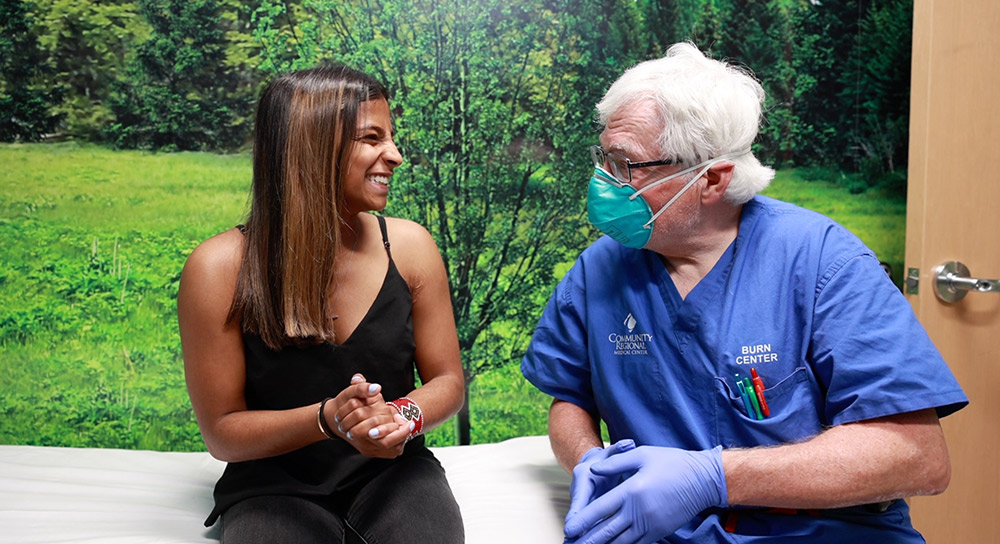Pulmonary hypertension (PH) is a serious medical condition that happens when there’s too much pressure in the blood vessels leading from the heart to the lungs.  Many people have not heard of PH or know its symptoms. Local health providers are trying to educate the public with an annual “O2breathe Walk” to help raise awareness. Community Regional Medical Center has a nationally recognized accredited PH Center of Excellence and is the only one of its kind in the Valley.
Many people have not heard of PH or know its symptoms. Local health providers are trying to educate the public with an annual “O2breathe Walk” to help raise awareness. Community Regional Medical Center has a nationally recognized accredited PH Center of Excellence and is the only one of its kind in the Valley.
This year’s O2breathe Walk will be held Saturday, Nov. 5, from 11 a.m. to 2 p.m. at the "Parc" on the Community Regional campus, 2335 E. Kashian Lane. You can organize your own team, join an existing team or make a contribution to the program by registering at this link.
Who’s at risk of pulmonary hypertension?
PH is more common in women, non-Hispanic Black people and those over the age of 75. However, children can get it as well.
“Pulmonary hypertension spans all age groups,” said Dr. Vijay Balasubramanian, UCSF faculty and medical director of pulmonary hypertension at Community Regional Medical Center. “We even see it in newborn babies.”
Genetics can play a role in PH as well as high blood pressure in the lungs because of:
Congenital heart disease
Connective tissue disease
Coronary artery disease
High blood pressure
Liver disease
Chronic lung diseases
Recreational drug use (like methamphetamines)
Patients often don’t recognize signs or symptoms until the disease has progressed, said Dr. “Bala,” as he is often referred to. These can include blue lips or skin, chest pain or pressure, dizziness, pounding pulse, fatigue or shortness of breath.
Some common treatments for PH are:
Inhaled medicine
Medicine given through the veins under the skin
Medicine to reduce swelling in the feet (diuretics)
Oxygen therapy
Where to find help if you think you might have PH
If you feel you may have PH, see your healthcare provider.
Dr. Bala said there is no cure for PH and being diagnosed with this life-changing disease means his patients need lots of support from friends, family and their caregivers.
“Our patients come from all over the Valley for the specialized care at Community Regional,” he said. “We use a multidisciplinary team approach because PH management is complex and needs specially trained clinicians.”
The symptoms of PH can often be mistaken for other diseases, said Dr. Bala, so education and awareness can make all the difference for his patients’ disease management.


.jpg?language=en-US)

.jpg?language=en-US)
